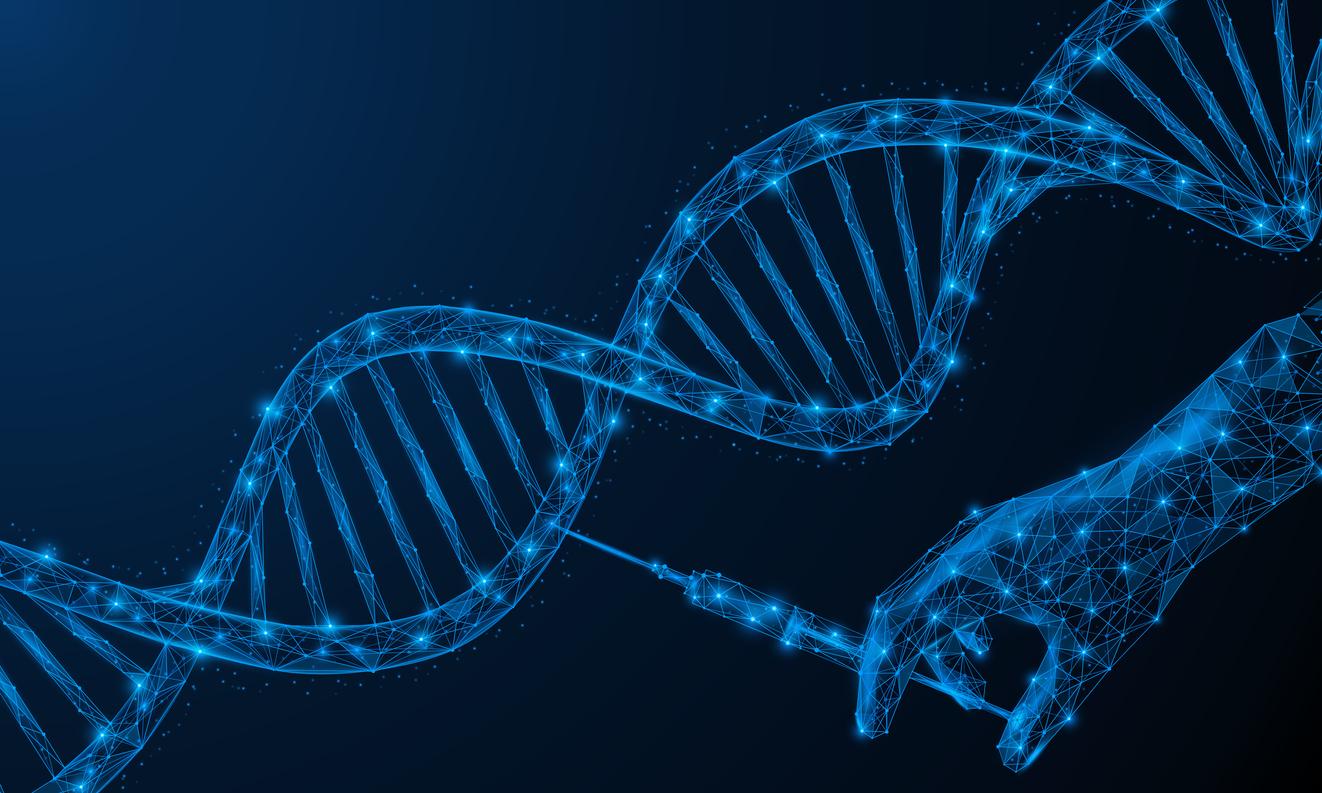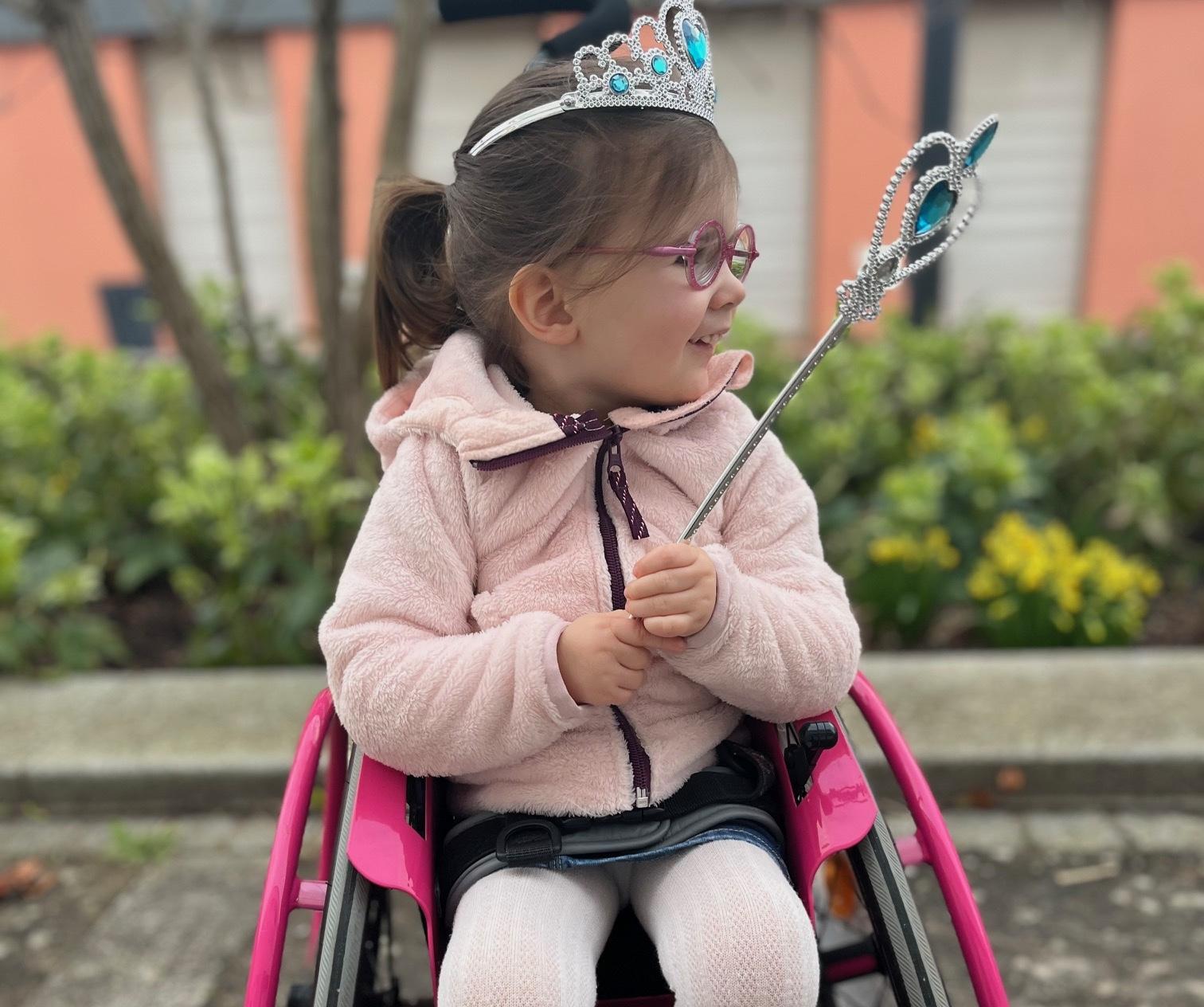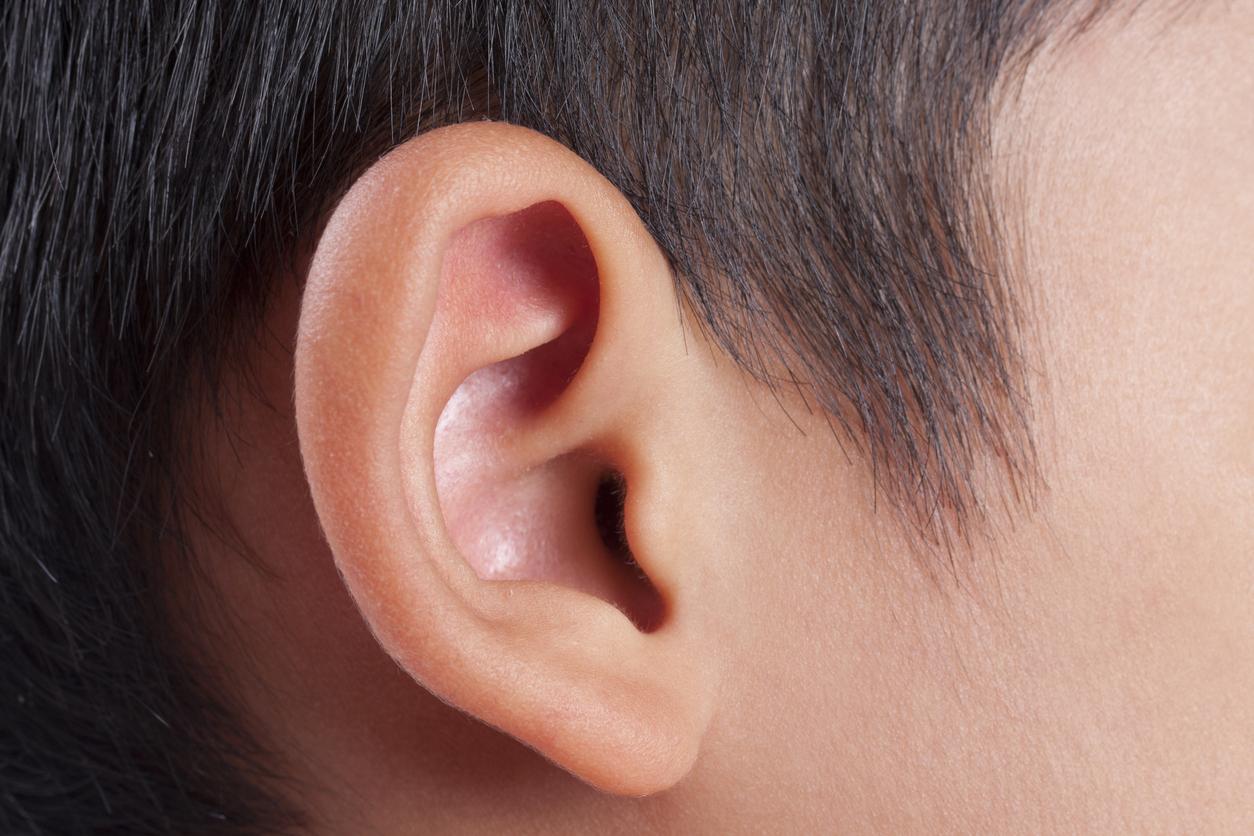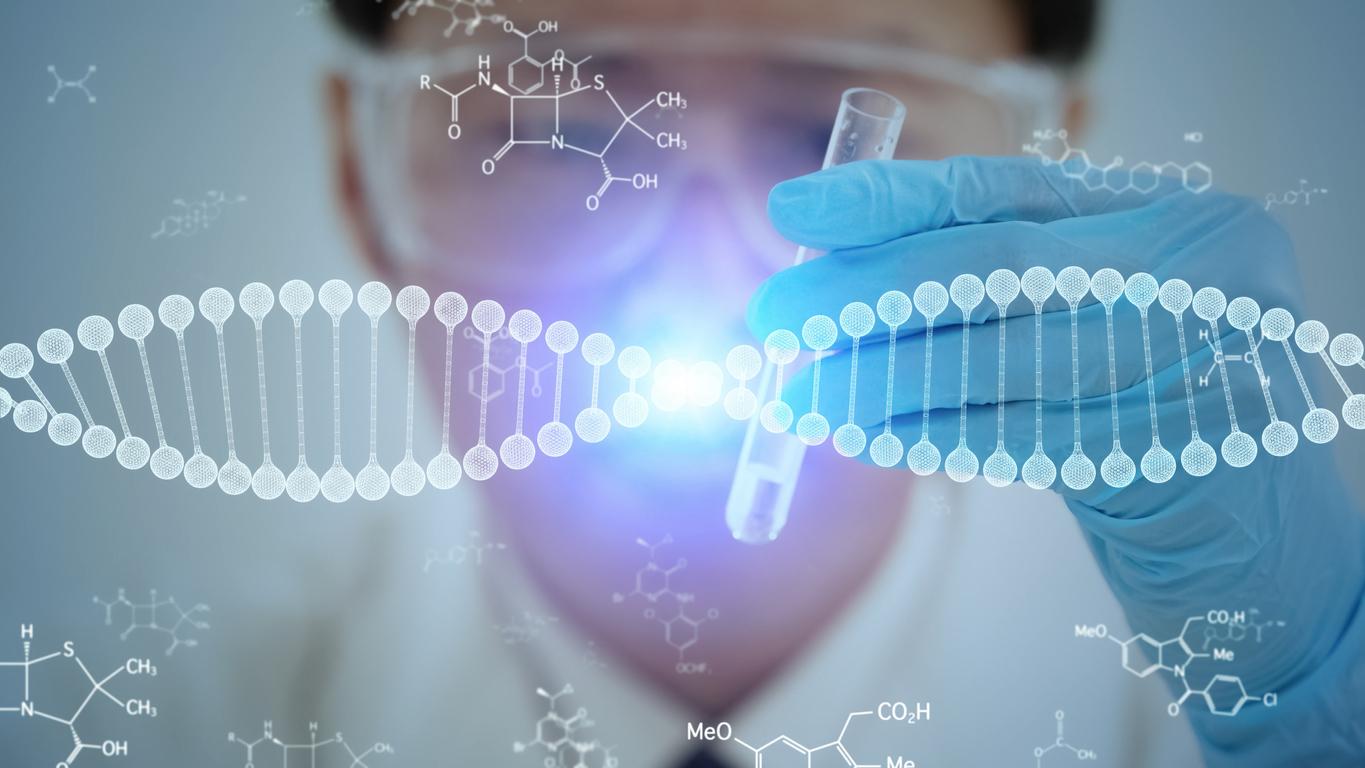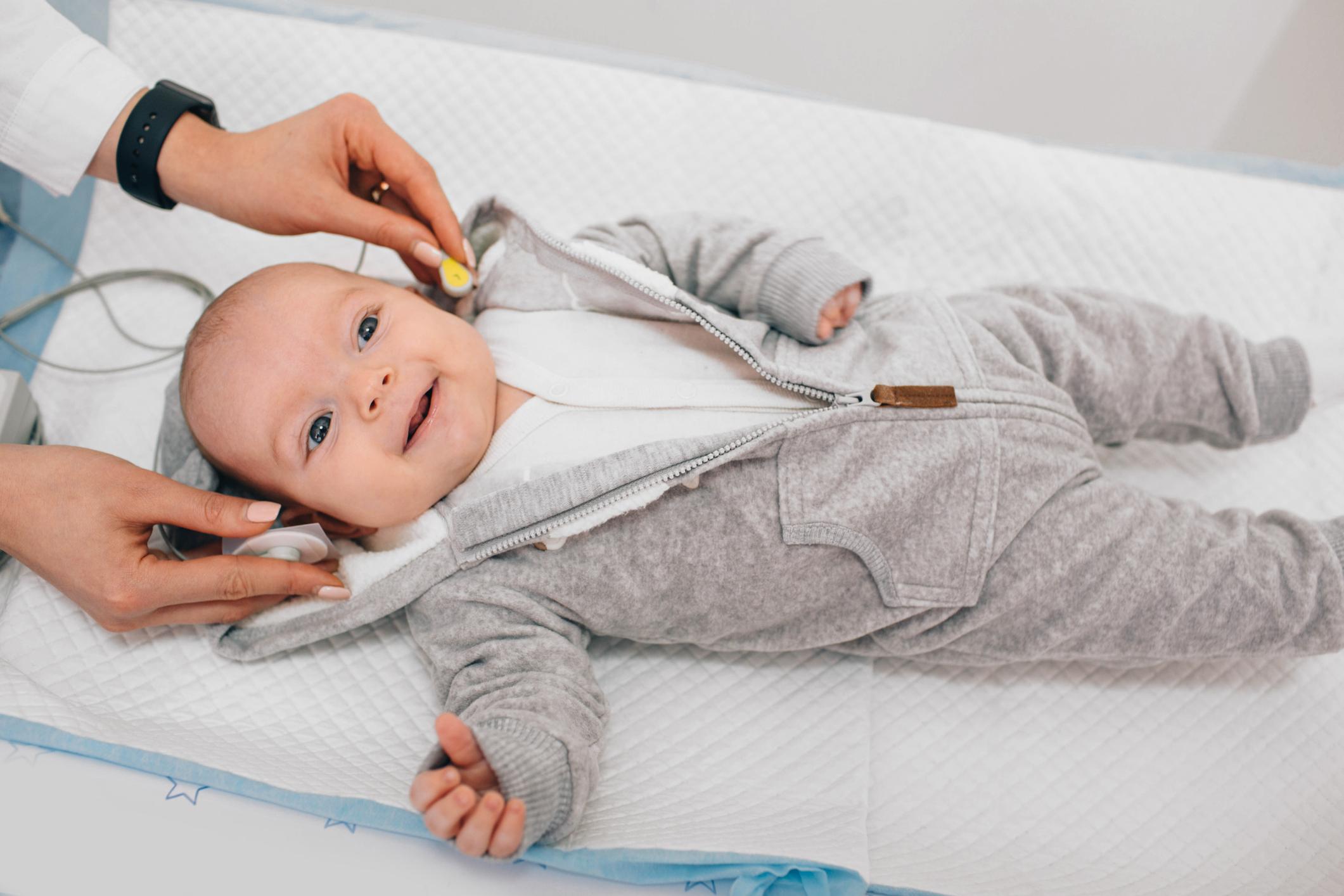A first child has started to receive treatment as part of the gene therapy trial conducted by the Téléthon laboratory.

- Duchenne muscular dystrophy is a genetic disease that affects all the muscles of the body and progressively paralyzes patients.
- The clinical trial aims to inject a shortened but functional version of the gene coding for dystrophin, the deficient protein in these patients.
- The results are expected within a year.
This is a revolution for patients with Duchenne muscular dystrophy. The new hope of finding a way out of this still incurable disease has just appeared through a clinical trial. A child has started receiving the first treatment candidate for Duchenne Muscular Dystrophy. This is a gene therapy conducted by Généthon, the Téléthon laboratory, which announced it in a press release published on April 20.
An intravenous injection
Duchenne muscular dystrophy is a genetic disease that affects all the muscles in the body. Children affected by this pathology are progressively paralyzed. They also suffer from serious heart problems. Each year in France, one boy out of 3,500 births is affected. In people with Duchenne muscular dystrophy, one gene – DMD – is defective. As a result, the cells fail to produce a certain protein, dystrophin. Muscle development is hampered and the disease causes muscle degeneration. The life expectancy of patients is dramatically shortened from the first symptoms, which occur around the age of 3-5 years, on average. At 13, most people are in wheelchairs. Around the age of 20, respiratory assistance is necessary. Death occurs around the age of 30-40.
The clinical trial was launched with the I-motion platform, dedicated to neuromuscular diseases at the Trousseau Hospital in Paris. It is based on an intravenous injection which provides “a shortened but functional version of the gene coding for dystrophin, the deficient protein in people with Duchenne muscular dystrophy”, specifies Frédéric Revah, General Manager of Généthon. Other children, aged 6 to 10, should follow and will receive this treatment candidate in France and the United Kingdom. The results are expected within a year. At that time, the researchers will assess the children’s motor ability, measured according to the North Star scale.
Effective on dogs
This gene therapy has been shown to restore muscle function and strength to dogs with this neuromuscular disease. After injecting the treatment into these animals, the researchers observed a marked improvement in their state of health. The dogs were able to jump over obstacles and regained their muscle strength. Even better, the benefits are still visible two years after the injections and no side effects have been observed.
.












